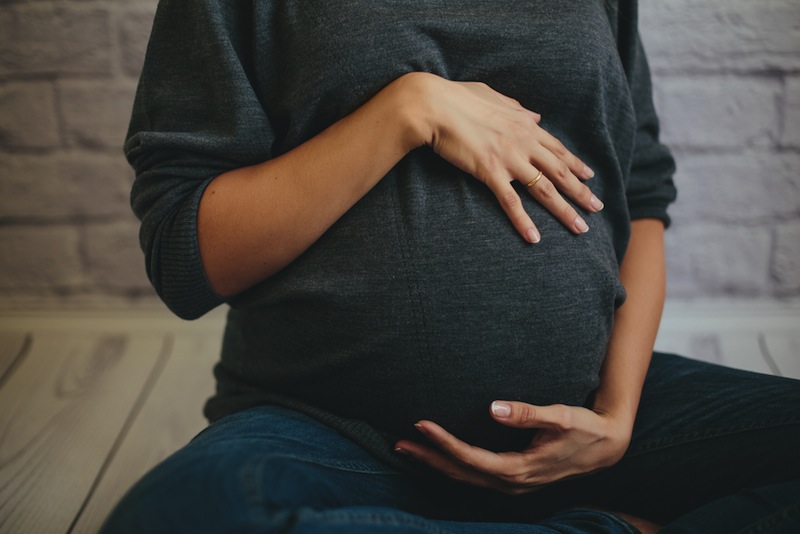Why Pregnant Women Are More Prone to Yeast Infections

The Food and Drug Administration is investigating whether a medication used for treating yeast infections may pose risks if women take it during pregnancy.
Today, the agency announced that it is reviewing the results of a recent study from Denmark that found a link between the medication, called oral fluconazole (brand name Diflucan) and an increased risk of miscarriages. The study, published Jan. 5 in the Journal of the American Medical Association, found that pregnant women who took oral fluconazole were 48 percent more likely to have a miscarriage than women who didn't take the drug.
"Until FDA's review is complete and more is understood about this study … we advise cautious prescribing of oral fluconazole in pregnancy," the agency said. [9 Uncommon Conditions That Pregnancy May Bring]
Pregnant women are at increased risk for vaginal yeast infections, which are caused by the fungus Candida. It's thought that changes in hormones during pregnancy — mainly, an increase in levels of estrogen — disrupts the normal pH of the vagina, which may lead to an overgrowth of yeast, according to the Mayo Clinic. About 10 percent of U.S. pregnant women have a yeast infection at any given time, the JAMA study said.
The Centers for Disease Control and Prevention recommends that pregnant women only use topical antifungal medications (often in the form of vaginal suppositories) to treat yeast infections. However, doctors sometimes prescribe oral fluconazole when yeast infections reoccur, or if the symptoms of the infection are particularly severe, according to the JAMA study.
Pregnant women who have a yeast infection should speak with their doctor if they are considering treatments other than topical antifungals, the FDA said.
Follow Rachael Rettner @RachaelRettner. FollowLive Science @livescience, Facebook& Google+. Original article on Live Science.
Sign up for the Live Science daily newsletter now
Get the world’s most fascinating discoveries delivered straight to your inbox.

Rachael is a Live Science contributor, and was a former channel editor and senior writer for Live Science between 2010 and 2022. She has a master's degree in journalism from New York University's Science, Health and Environmental Reporting Program. She also holds a B.S. in molecular biology and an M.S. in biology from the University of California, San Diego. Her work has appeared in Scienceline, The Washington Post and Scientific American.
Is getting an IUD painful?
'Useless' female organ discovered over a century ago may actually support ovaries, study finds









